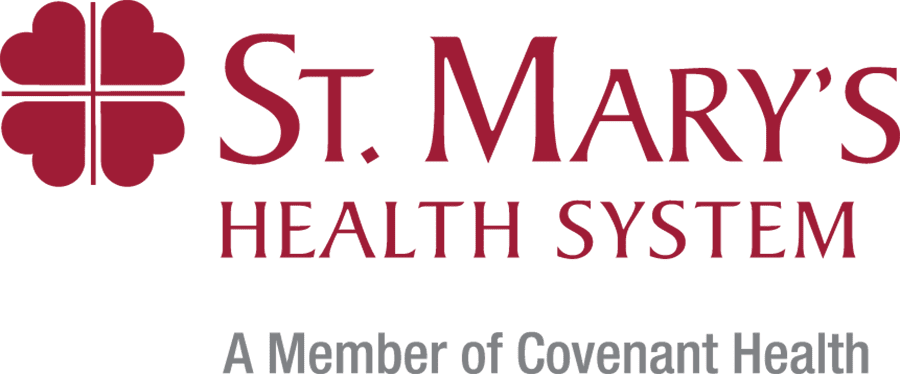Experiencing gastrointestinal distress goes beyond mere discomfort, it can often serve as a potential indicator of more significant health issues.
Gastrointestinal issues aren’t just uncomfortable—they can signal serious health concerns. At St. Mary’s Health System, our expert team provides comprehensive diagnostic and treatment options for conditions affecting the esophagus, stomach, and intestines. We offer colonoscopy and endoscopy procedures to quickly and effectively diagnose and treat issues like acid reflux, ulcers, Crohn’s disease, and colon cancer risk.
Why Get a Colonoscopy?
- Colon cancer is the second leading cause of new cancer cases and deaths in Maine.
- It’s 95% curable when detected early. A screening colonoscopy identifies and removes precancerous polyps before they become cancerous.
- We make it easier. Our patient-friendly prep allows you to eat a low-residue diet until 10 AM the day before your procedure, reducing fasting time from more than 24 hours to just 10-14 hours. Few providers in Maine offer this convenient approach to preparation.
Why Choose St. Mary’s for Gastroenterology Care?
At St. Mary’s, our approach is centered on identifying and addressing the root cause of your symptoms. Our expert team, including two gastroenterologists, board-certified anesthesiologists, registered nurses, and medical assistants, works together to deliver personalized care plans that not only relieve discomfort but also treat the underlying condition.
Endoscopy: A Key Tool for Diagnosis and Treatment
An upper endoscopy (EGD) allows specialists to examine the esophagus, stomach, and small intestine to diagnose conditions such as:
✔ Acid reflux (GERD)
✔ Ulcers
✔ Crohn’s disease
✔ Other concerns affecting the upper gastrointestinal tract
Our advanced procedures and quick scheduling ensure timely diagnosis and treatment, helping you feel better sooner.
Schedule Your Appointment
Take control of your health. Contact your provider today to schedule your colonoscopy or endoscopy at St. Mary’s Health System.

